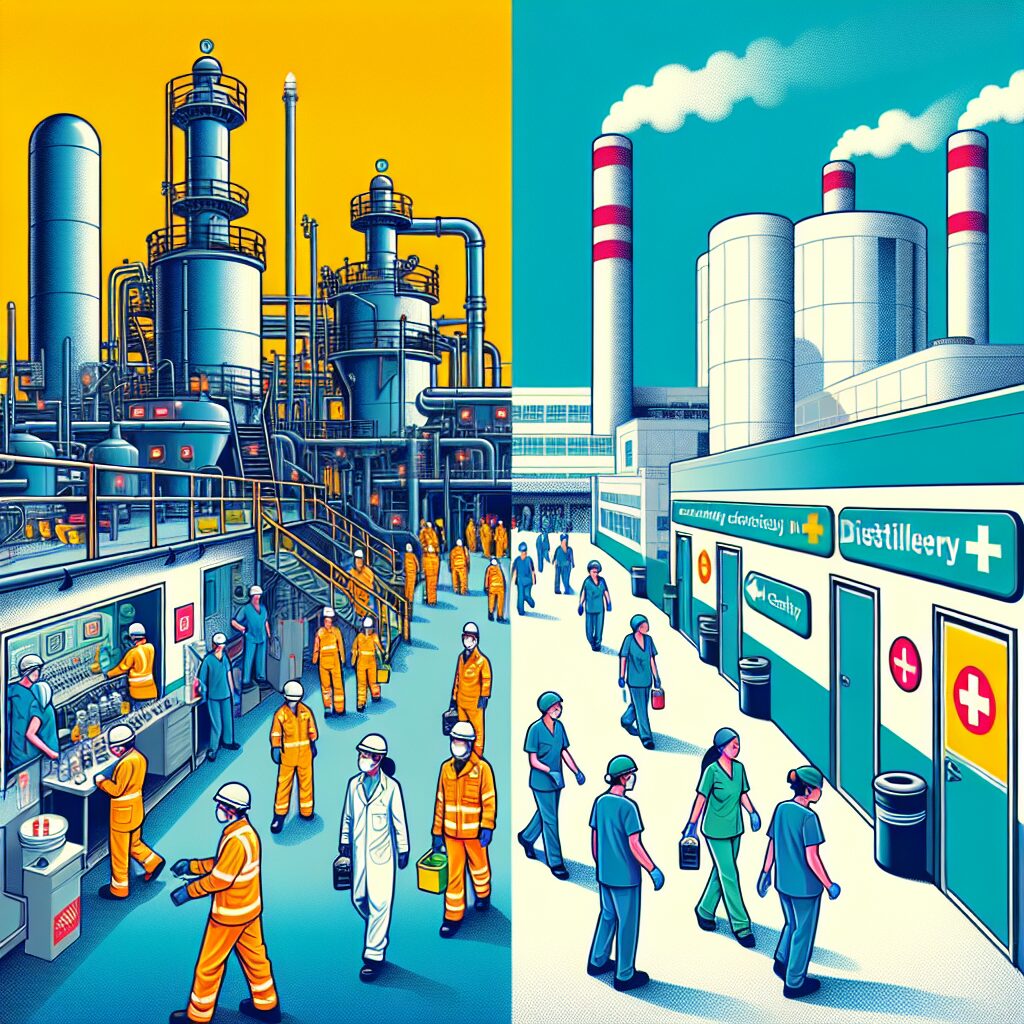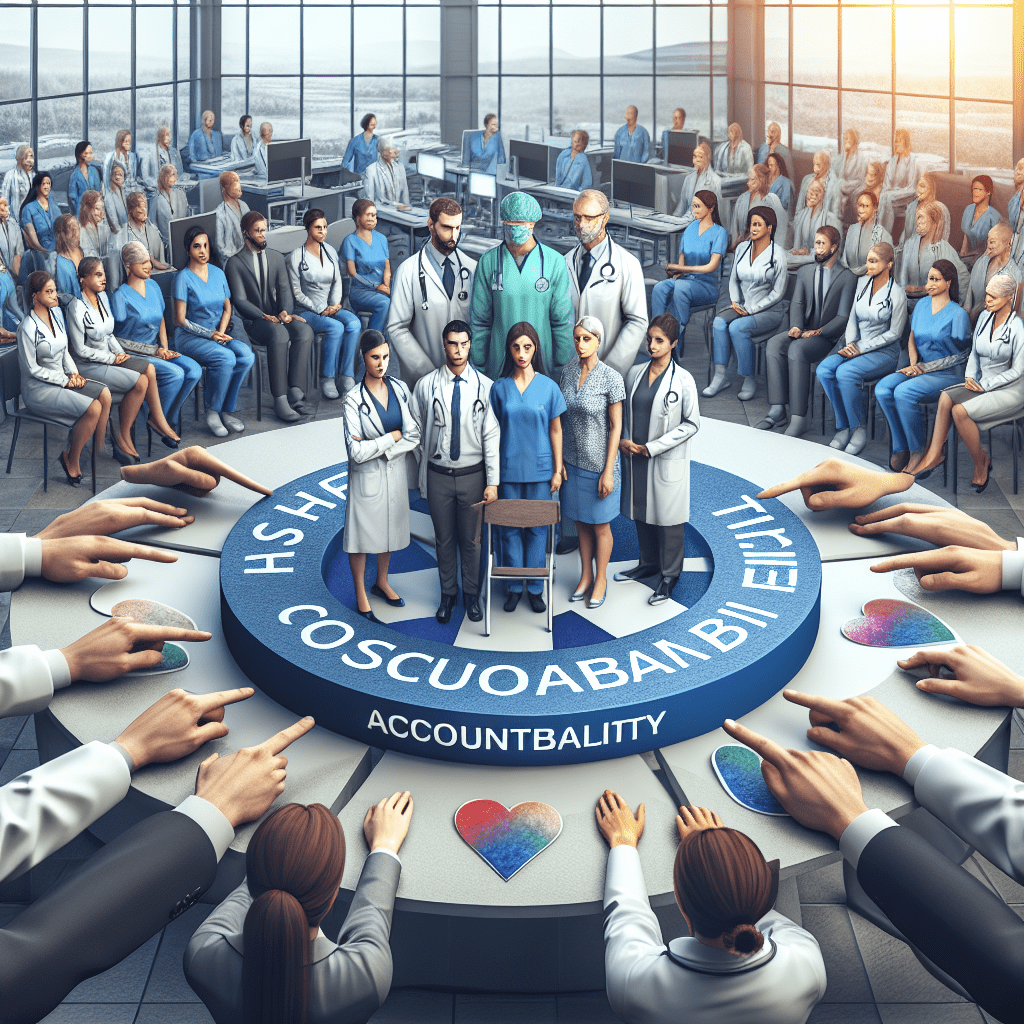
Transforming Healthcare: Learning from Mistakes to Enhance Patient Safety

Mistakes in Healthcare Shouldn’t Be a Given – They’re Wake-Up Calls
Last week, I found myself pondering a rather grim reality about the healthcare system. Two incidents shook me to my core. One patient received hydrochloric acid instead of medical jelly. Yes, you read that right. And another patient had their Fallopian tube removed instead of their appendix. How on earth do these mistakes happen in a system that’s supposed to keep us safe? As I sat sipping my coffee, I couldn’t help but think of the common thread running through these mistakes. They are not just rogue errors; they’re symptoms of a much larger issue—a health infrastructure that needs to wake up and take notice.
The Alarming Common Thread
What do these incidents say about our healthcare system? They emphasize a shocking reality that mistakes can happen to anyone, anywhere, at any time. More importantly, they highlight systemic failures that we must confront. The healthcare industry often operates under immense pressure, leading to shortcuts that compromise patient care. As both a business leader and a concerned citizen, I am left wondering: how many more wake-up calls do we need before we recognise the need for change?
At City Skills, we have been reflecting on these challenges. We believe there is so much we can learn from these mishaps. Instead of shuffling them under the carpet, it’s time to face them head-on. This doesn’t just apply to the medical field either; these principles could transform how any organisation tackles challenges.
Redesigning Processes for Safety
First on our list is process design that prioritises safety. It’s stunning how often processes are created without the end user in mind. A healthcare professional needs to know they can rely on procedures that protect them and their patients. Rationalising steps, implementing thorough checks, and actively seeking feedback from staff can significantly diminish error rates.
Imagine if we made standard practices that were clear, straightforward, and designed with a clear purpose. Instead of relying on individual intuition in high-pressure situations, this wouldn’t just create better outcomes; it would ensure that everyone involved feels capable and empowered.
Creating Psychological Safety
Next, we must cultivate a culture where psychological safety is front and centre. People have to feel they can speak up, ask questions, and flag potential problems without fear of repercussions. Too often, employees feel they must remain silent about mistakes for fear of blame. When a team is psychologically unsafe, knowledge-sharing diminishes and problems can fester.
In my own experience of leadership, I’ve seen how powerful an open dialogue can be. When people are encouraged to contribute to solutions rather than hide imperfections, we see remarkable changes. Not only do we find innovative ways to avoid repeating mistakes, but we also build stronger teams.
Embracing Curiosity, Not Blame
Lastly, we must embrace curiosity rather than casting blame. In the healthcare domain, someone will always look for a scapegoat when things go awry. This reaction is not only unproductive; it discourages the essential questioning that leads to improvement. We need to ask, “Why did this happen?” instead of “Who messed up?”
As I often say, we learn nothing when we only point fingers. By fostering a spirit of inquiry, we can analyse the underlying issues that lead to such grave errors. This journey of discovery can lead to informed, effective changes across the board.
Let’s Learn and Move Forward
These principles form the foundation of our approach at City Skills, and I truly believe they can serve as a guide for any organisation keen on continuous improvement. The real question is: how do you encourage a culture of learning and growth in your own workplace? Are you ready to take these lessons to heart and steer away from repeating the past?
Let’s wake up and make changes for the betterment of all. Because at the end of the day, we’re all in this together, and the stakes couldn’t be higher. Let’s put our heads together and transform the narrative.
I’d love to hear your thoughts. What steps can we all take to ensure that mistakes like these are no longer a part of our reality?





